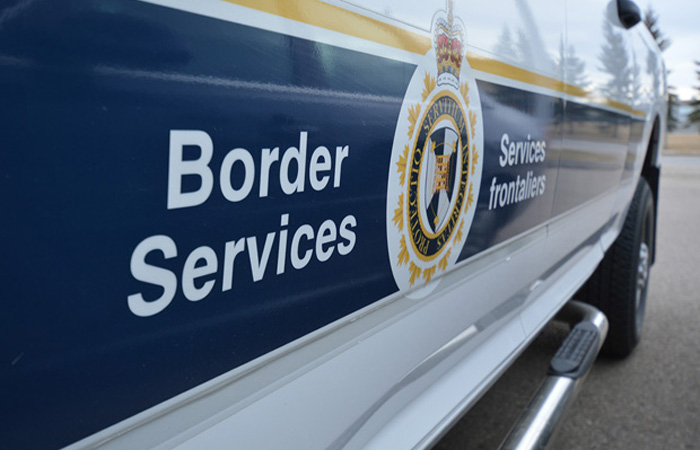As was announced on July 19, the Government of Canada will allow fully vaccinated foreign nationals meeting the conditions to enter Canada for discretionary (non-essential) purposes starting on September 7, 2021. This decision is based on the latest available data, scientific evidence and epidemiological situation both in Canada and internationally.
At each step of Canada’s phased approach to easing border measures, the public health indicators and importation of cases at the border and variants of concern among incoming travelers have been monitored. For instance, as the volume of travellers has increased in recent months, the border test positivity rate has remained low. Between August 9 and 26, the positivity rate for fully vaccinated travellers randomly selected for testing at the border was 0.19% (112 positive tests out of 58,878 completed). While cases are currently increasing in Canada, the illness severity and hospitalization rates remain manageable as Canada’s vaccination rates continue to rise. This data along with continued adherence to public health measures by Canadians and incoming travellers, means that Canada is better able to prevent outbreaks of infection and can now allow more incoming fully vaccinated travellers without increasing the risk to the health and safety of Canadians.
Beginning at 12:01 am EDT on September 7, 2021, fully vaccinated foreign nationals will be eligible to enter Canada for discretionary (non-essential) reasons, such as tourism; however, these individuals must:
- be fully vaccinated: a traveller must have received, and show proof of, the full series of a vaccine – or combination of vaccines – accepted by the Government of Canada at least 14 days prior to entering Canada
- Currently, those vaccines are manufactured by Pfizer-BioNTech, Moderna, AstraZeneca/COVISHIELD, and Janssen (Johnson & Johnson)
- have a valid pre-arrival COVID-19 molecular test result taken no more than 72 hours before their scheduled flight or their arrival at the land border crossing, or a previous positive test result taken between 14 and 180 days before departure to Canada. Antigen tests, often called “rapid tests,” are not accepted
- be asymptomatic
- submit their mandatory information via ArriveCAN (App or website), including proof of vaccination in English or French and a quarantine plan
- be admissible under the Immigration and Refugee Protection Act, and
- take a test on arrival, if selected
Foreign nationals looking to travel for discretionary reasons before 12:01 am EDT on September 7 will not be allowed to enter Canada.
The Government of Canada continues to advise Canadians to avoid non-essential travel outside of Canada – international travel increases your risk of exposure to COVID-19 and its variants, as well as of spreading it to others. It is also important to note that not all countries are allowing discretionary (non-essential) travel by Canadians. Travellers should check the official websites of relevant authorities specific to their destination to find out entry and health requirements and plan prior to their departure from Canada.



